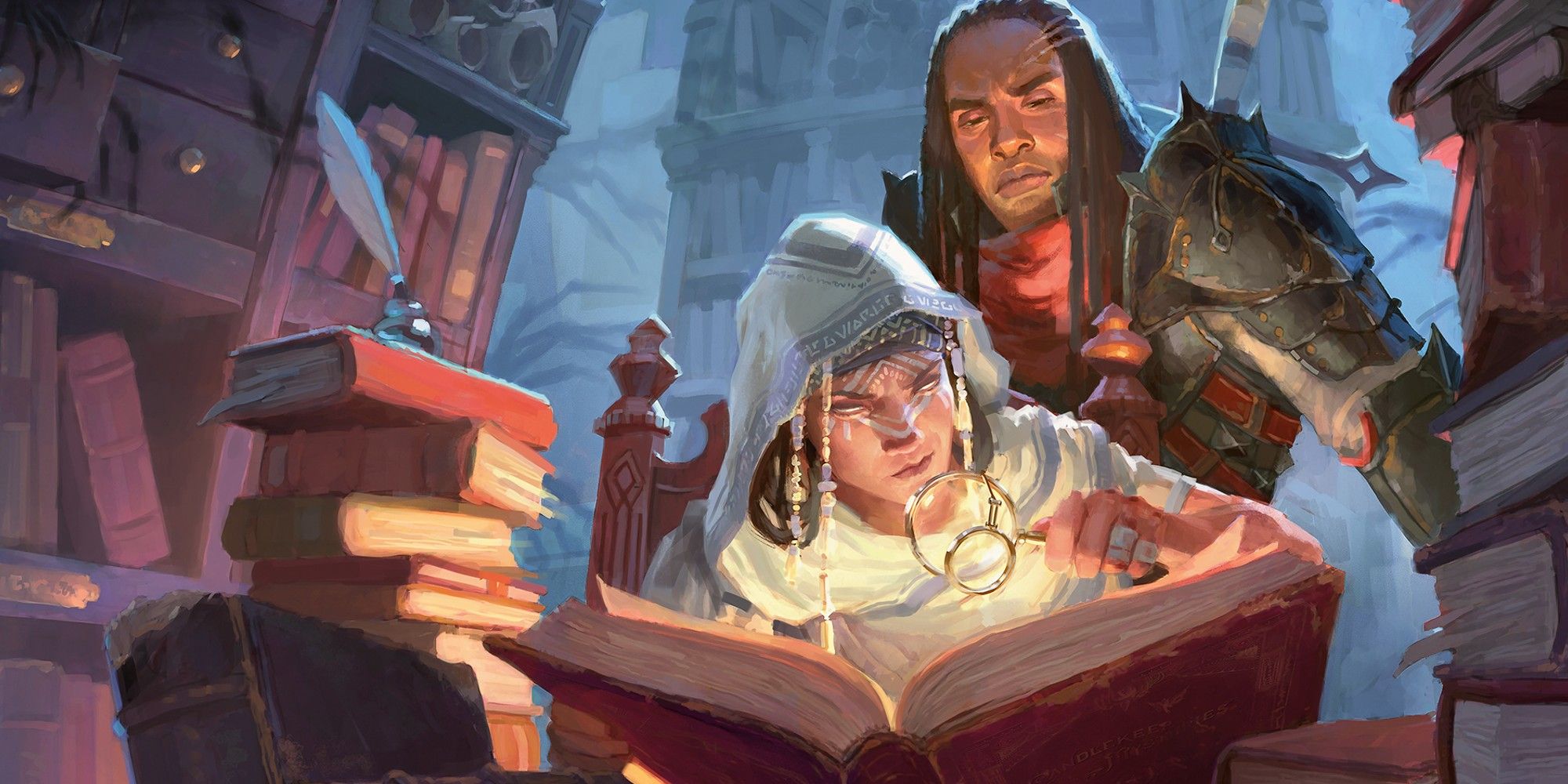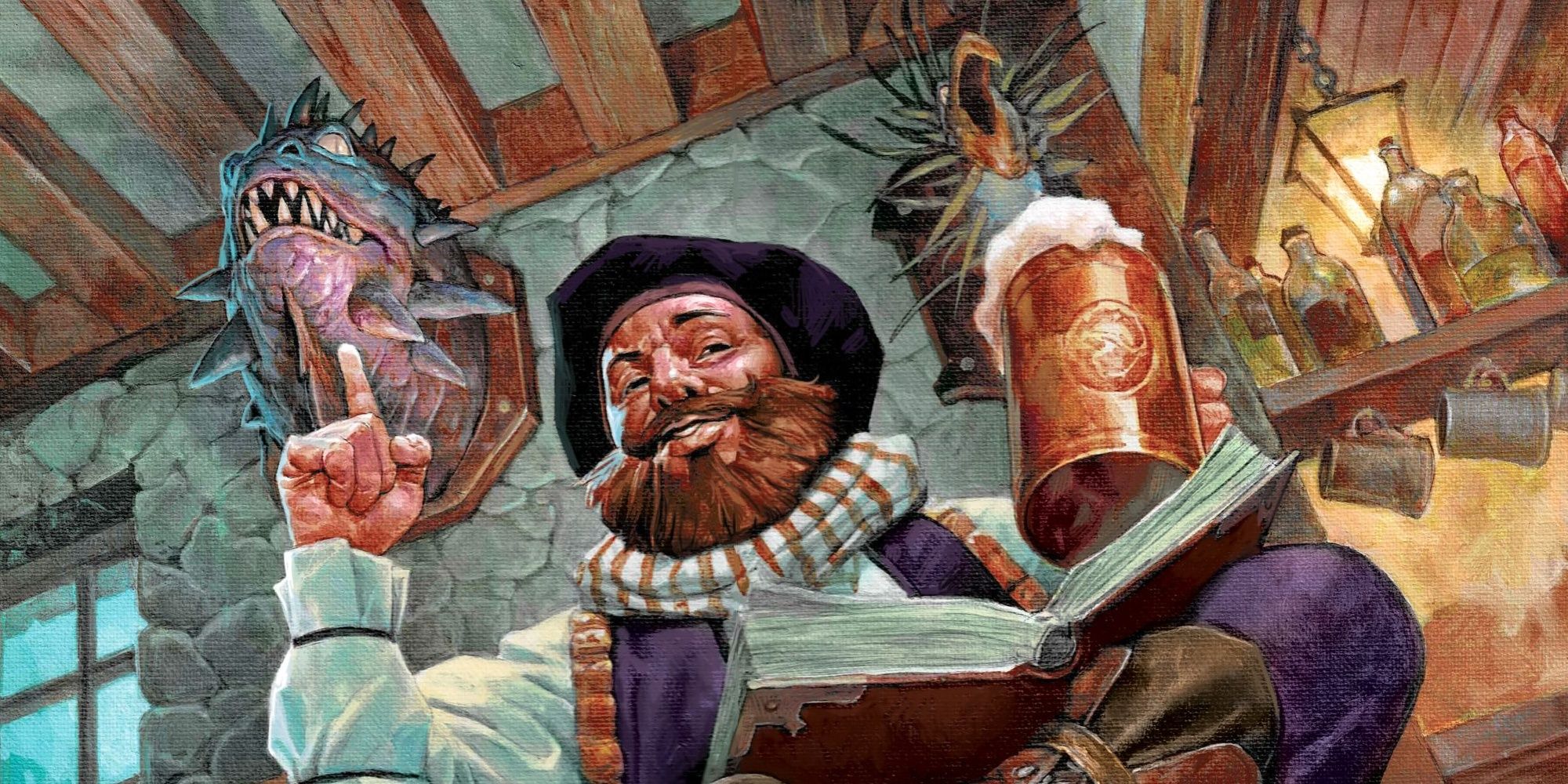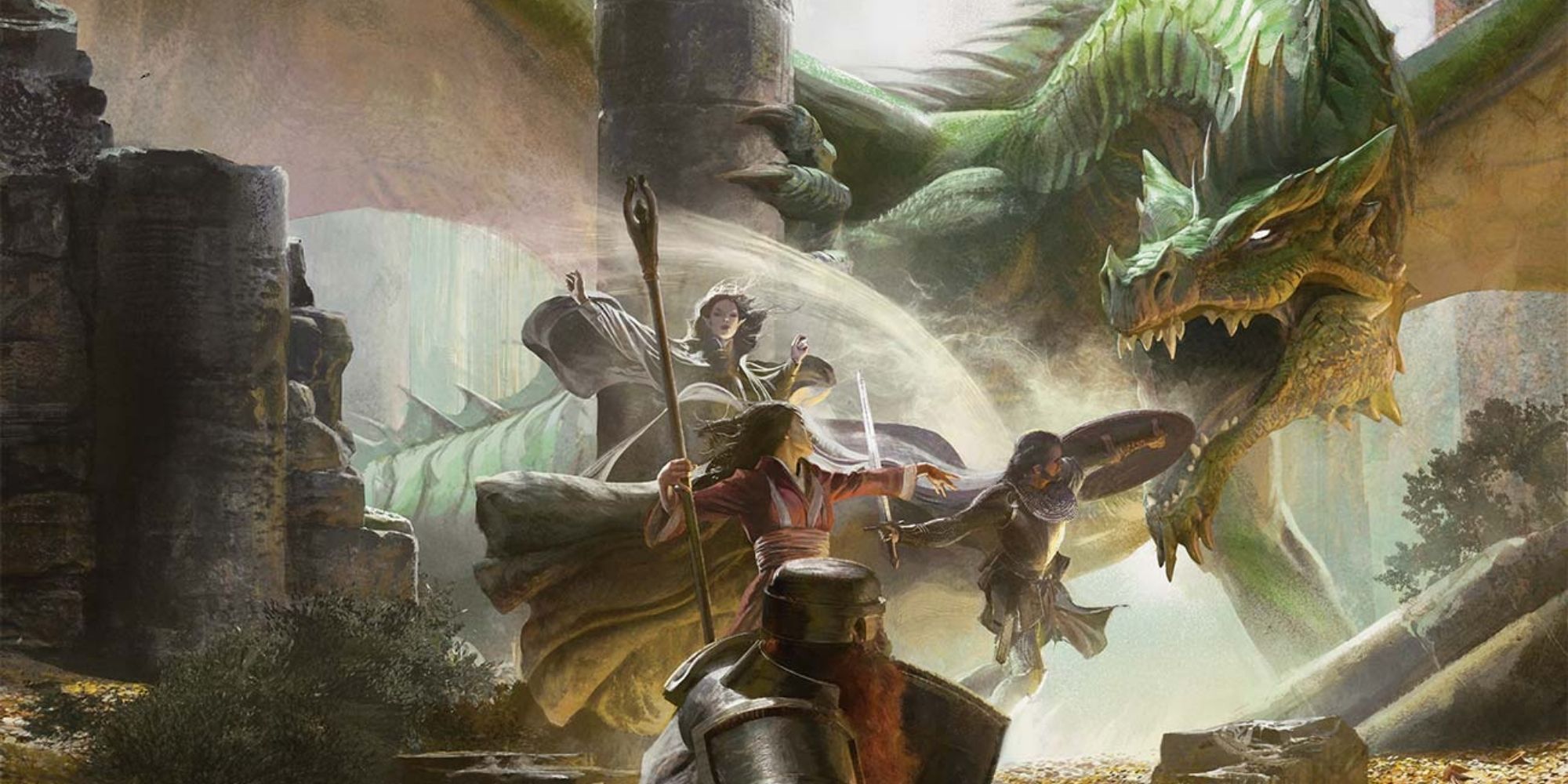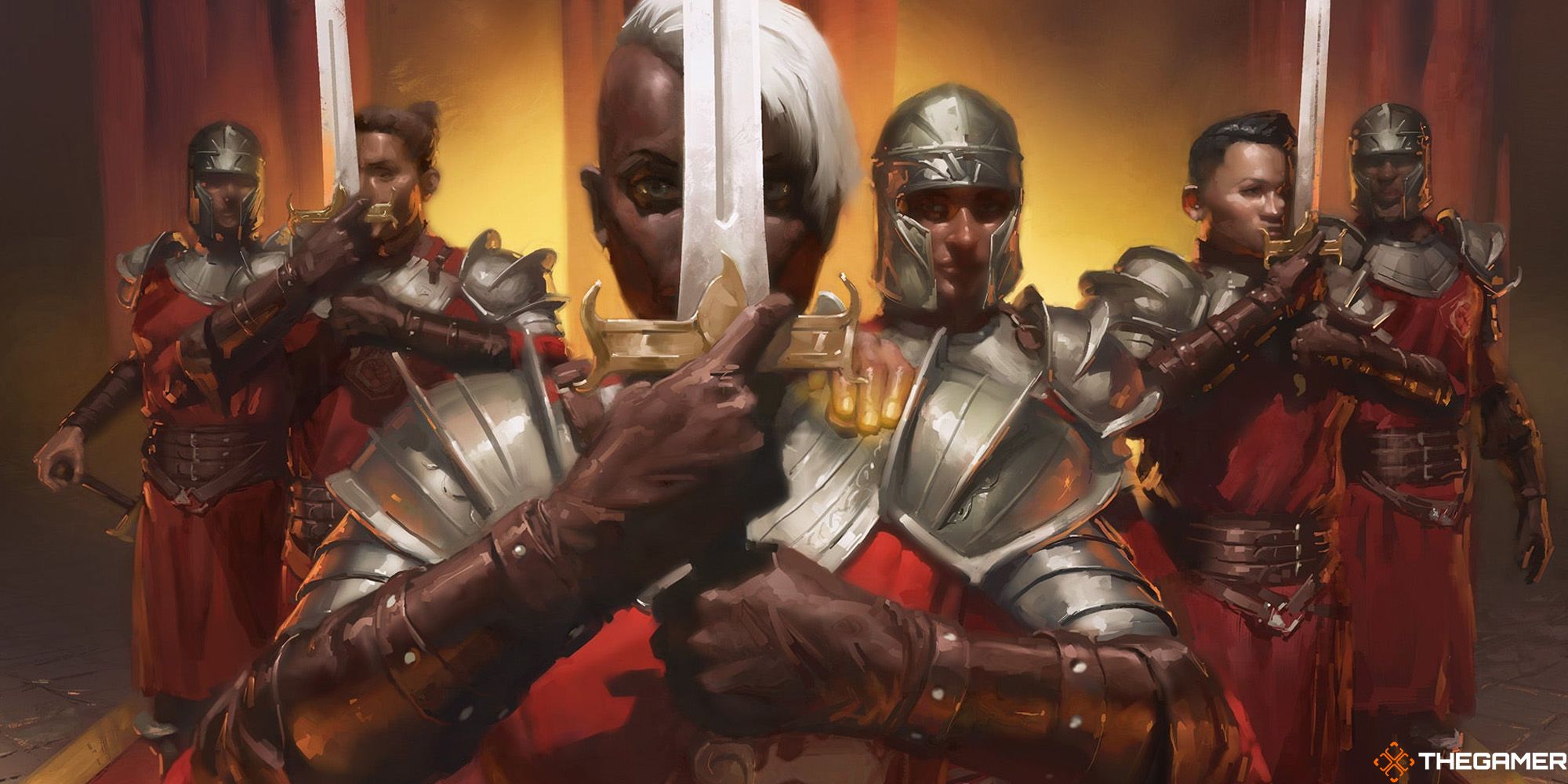In your search for players who dare challenge your world and campaign, you may have encountered friends who have always fancied the idea of playing Dungeons & Dragons but alas, have never done so. This begs the question: how can I properly introduce this game to those who know so little about TTRPGs?
Through patience and guidance, you can turn your simpleton friends into mighty adventurers and fans of the game, and who knows, even future Dungeon Masters themselves. And here you have some tips on how to do so.
5 Be Very Patient
If your players are new, then they're going to ask a lot of questions. Be prepared to answer the same thing over and over, and have concepts that are basic to you be complicated to them. You may have to explain the lore quite a few times and help them do their characters' sheets, especially if there's magic involved. You'll also have to explain what they can do on their turn, and what each spell can do, among a lot of other things. Patience, young Padawan.
These explanations will repeat multiple times before they finally assimilate it all, as they may forget things in between sessions. You can also do simple combats during session zero, as well as easy fights at the beginning that work more like a tutorial than an actual fight. After all, it's a lot easier to assimilate information in practice than in theory only.
4 Use The Internet To Your Advantage
One important thing for everybody who wants to play D&D, or any game really, is to read the rules. However, it can be quite the endeavor to read everything the Player's Handbook has to offer. Not many people have read it back to back, especially because most of us know the rules by experiencing the games themselves.
However, if there is one source of knowledge that can be a lot smoother, especially for newcomers, it's the internet. You can find a lot of D&D dedicated channels on YouTube, for instance, to teach the fundamentals. You can even go deep into explaining how each class works, and good race-class combinations. Just make sure your players are still free to do their own thing, rather than just copy and paste an online build on their first run — they still need to understand the game as a whole before they start optimizing builds.
3 Use Video Games For Comparison
Not many DMs enjoy comparing their games to video games, which makes sense since TTRPGs work quite differently to video game RPGs. However, they still have a lot of similarities, and you can use that to your advantage. It means that even newcomers to D&D will understand stuff like races, classes, builds, roles, what an NPC is, and a lot more, just based on playing games. This will make all of your explanations easier if you address things with the proper terms, which they'll also understand through video games.
Keep in mind it's also important to make them understand that TTRPGs are different. From experience, the three biggest differences you need to let them know right away are as follows:
- One, that they can use their actions to do things not listed in the book;
- Two, that their choices will tend to have bigger consequences, like committing crimes and getting arrested;
- Three, if the character dies, it will be very difficult to come back, especially at lower levels. They'll most likely lose the character and have to make another one.
However, you should try to avoid letting newcomers die too soon, unless they really force your hand.
2 Give Them Suggestions And Advice
As mentioned previously, TTRPGs have the beauty of letting us choose whatever we want, as long as it's something we're capable of at least trying and being willing to face the consequences. However, that is a difficult concept to assimilate at first. When a new player asks what they can do in a certain situation, and you reply with "anything you want", there's a good chance your player will get stuck. They'll either think of too many possibilities, being unsure which is the "right" one, or they'll say something ridiculous such as "I want to cut all the enemies' heads off" when that's way beyond their means.
If they're still learning, you can give them a few options. That's okay, and you won't be railroading or anything. "Hey, I see you're trying to buy/get a weapon you're not proficient with; I'd advise looking for other weapons, such as this one" or "if you can't reach the enemy on this turn, you could go to the closest ally and give them a Help action, or you can lie low and stay behind cover". These things are still unknown to new players, and just saying "do whatever you want" won't help them at all. Once they start getting the hang of it, you can tell them that you'll stop with suggestions.
1 Have A More Experienced Player In The Party
If you have a patient friend with experience in the game, you could talk to them about your newcomers' party and add this player into the mix. An experienced player among new ones can offer some leadership, and serve as an example of what can be done in the game.
Your friend can help you by picking up plot clues that the others won't get at first, and their turns in combat will show everyone else what a player can do during combat. This friend will also help with overall social interactions, since new players can sometimes be shy when it comes to the roleplaying aspects of the game. They can also teach tricks and strategies to everyone else. Just make sure they won't kill off everyone else's ideas. After all, there's a big difference between leading and bossing around.






